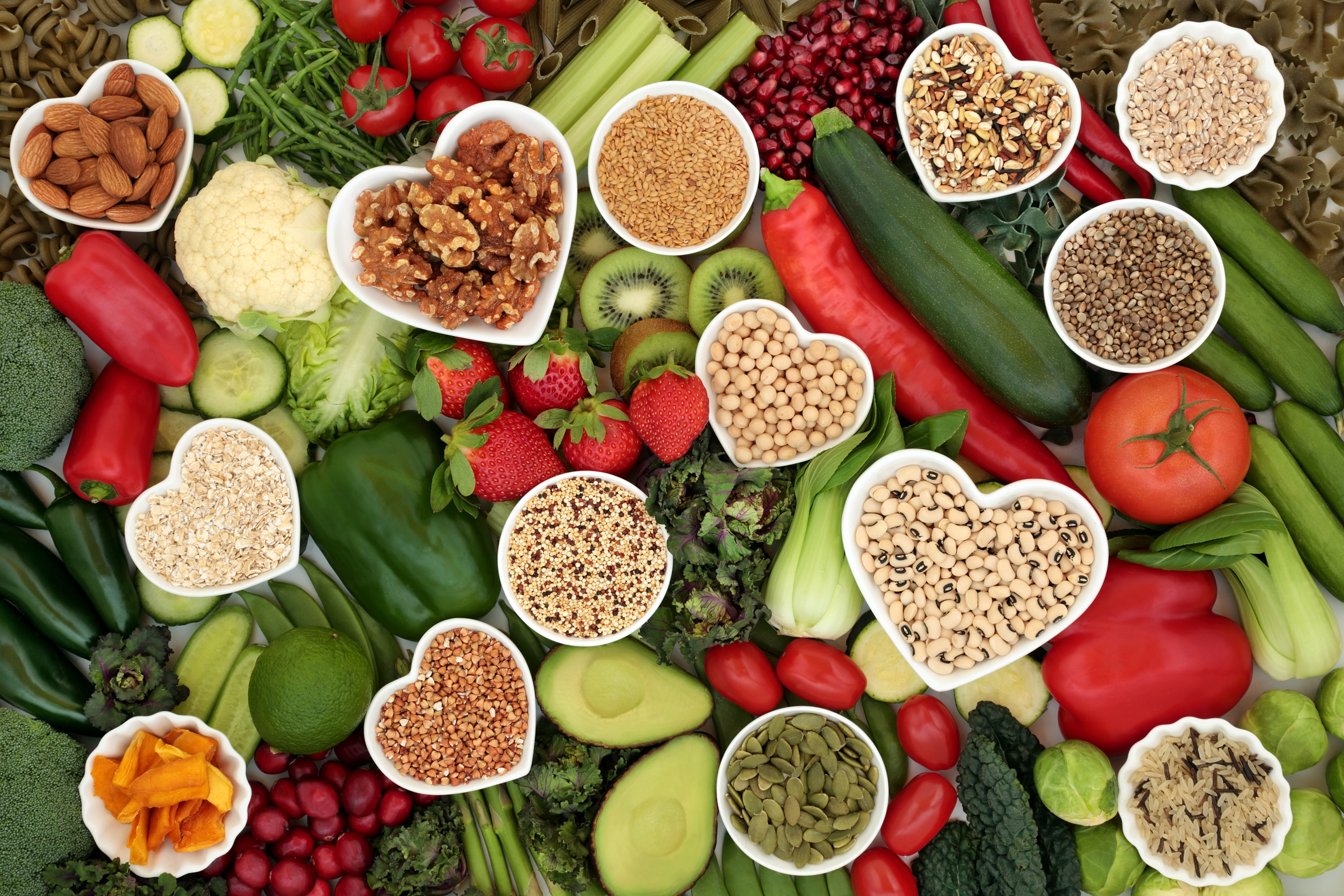You’re probably aware of the term ‘whole foods’ and why we should prioritize eating them daily. But what’s the big deal about them anyway? Is it all just a gimmick?
In fact, it’s not. Your daily bag of chips is doing a lot worse than just adding an inch to your waist. As we’ll soon start to understand, eating whole foods might be our key to weight loss, longevity, and a better quality of life overall.
What Are Whole Foods Anyway?
Whole foods are unprocessed foods such as leafy greens, fresh fruit, whole grains, and animal products that have undergone minimal or no processing. They are closest to their natural state when they are eaten, meaning they are packed with essential nutrients such as vitamins, minerals, fiber, and other healthy nutrients. So, when you’re eating ultra-processed foods like a big bag of fries while binging Netflix, the nutrients that the food would otherwise bring are lost, making it nothing but ’empty’ calories.
Examples of Whole Foods
Brown Rice: Unlike white rice, which has its hull, bran, and germ removed, brown rice is a whole grain option that has been associated with health benefits such as weight loss and better heart health.
Brown Bread: Similar to brown rice, brown bread is also considered a real food as opposed to white bread because it’s not refined and has more nutrient density. Eating whole-grain bread has been linked to reducing the chances of chronic diseases such as risk of heart disease, obesity, and diabetes.
Meat: Unprocessed meat such as chicken breast, eggs, and other dairy products like plain yogurt. Remember that deli meat is processed.
Plant-Based Foods: Sweet potatoes, black beans, green beans, etc.
Nuts And Seeds: Sunflower seeds, peanuts, almonds, etc.
Benefits of Eating Whole Foods
A diet rich in whole foods has a low Glycemic Index (GI), which is digested slowly, which causes a smaller rise in blood sugar levels. Foods with low GIs are often recommended because they help with weight loss, reduce the risk of heart disease and cancer, and are often linked to better cholesterol levels.
Another benefit of unprocessed foods is that it helps maintain energy levels throughout the day. Whole foods provide the right nutrients to provide fuel to your brain and your muscles, improve the health of your gut, keep inflammation in check, and keep you satiated.
Obesity is one of the biggest health issues we face today globally. Without thinking twice, we pick foods high in refined sugar and sodium. Choosing whole foods helps with weight loss because it keeps us feeling full longer because whole foods are high in fiber, which means we don’t need to binge on every chance we get. Number two, our bodies put the calories to better use. When we pick unprocessed foods, every calorie is utilized to optimize health.
The biggest benefit of making whole food choices is optimal health and longevity. When you violently open a bag of pretzels waiting for you at the dinner table, you’re not just looking at food substances that have been chemically altered; you’re looking at unnatural ingredients such as monosodium glutamate, sodium nitrite, and sodium benzoate. These are all carcinogenic yet extremely common additives in processed foods.
What’s For Dinner? The Whole Picture
While making the change to whole foods won’t happen overnight, we can start by limiting the amount of processed foods we consume. Pay close attention to what the ingredient labels say when picking your groceries, fill out at least half your plate with nutritious foods such as green vegetables, and choose complex, unprocessed carbohydrates such as whole grain spaghetti and brown rice. Let’s take the first step towards a healthier and happier future.




